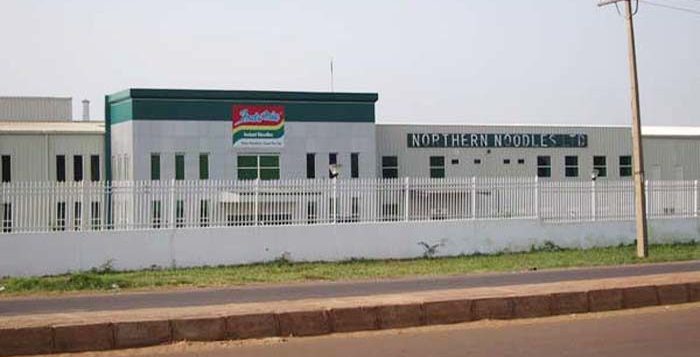
To strengthen regulatory oversight of Nigerian banks’ subsidiaries abroad, the Central Bank of Nigeria (CBN) has signed memoranda of understanding (MoUs) with countries hosting Nigerian banks’ subsidiaries.
The Acting Director of Corporate Communications of the apex bank, Hakama Sidi-Ali, said the move would improve regulatory coordination and ensure safe and compliant banking operations both locally and internationally.
While stressing its continuous efforts to uphold strict regulatory standards across the banking sector, the CBN said steps taken so far include including regular stress tests aimed at identifying potential vulnerabilities and ensuring the resilience of financial institutions.
The CBN has also implemented early warning systems that proactively detect and address emerging risks, allowing timely interventions to mitigate any issues that may arise.
Through its risk-based supervision framework, the CBN directs its regulatory focus on institutions with the highest financial system risks. This targeted approach allows for efficient oversight and promotes the sector’s overall health and stability.
She added that the targeted approach will enable the CBN to maintain strong oversight while supporting the overall stability of the banking sector.
The statement added: “The CBN has established Memoranda of Understanding with the various countries where Nigerian banks’ subsidiaries are located. This collaboration enhances regulatory coordination and ensures that our banks operate within a safe and sound framework by banking regulations, both domestically and internationally.”
Ali added that the CBN is committed to ensuring a secure banking environment, giving depositors full confidence in the safety of their funds.
While dispelling insinuations about the possible ill-health of some banks, the CBN reaffirmed its commitment to the stability of the Nigerian financial system, saying it has implemented various safeguards to protect public funds and uphold confidence in banking operations.
“The CBN wishes to reassure the public of its unwavering commitment to ensuring the stability and reliability of the Nigerian financial system. The CBN recognises the crucial role that confidence plays in banking operations and wants to affirm that all deposits in Nigerian banks are secure.”
Sizeable Nigerian banks have subsidiaries abroad, especially within the continent. Banks such as Zenith Bank, United Bank for Africa (UBA), First Bank, GTBank and Access Bank have several branches in many African countries.
About the crisis facing Guaranty Trust Holding Company (GTCO) Plc, the CBN has reassured the public that their deposits with Nigerian banks are safe and protected.
“The CBN wishes to reassure the public of its unwavering dedication to ensuring the stability and reliability of the Nigerian financial system. We recognize the critical role that public confidence plays in banking operations, and we affirm that all deposits in Nigerian banks are secure,” the bank said in a statement.
The CBN emphasized its continuous efforts to uphold strict regulatory standards across the banking sector. The efforts, it said, include regular stress tests aimed at identifying potential vulnerabilities and ensuring the resilience of financial institutions.
Meanwhile, in a joint statement Chartered Institute of Bankers of Nigeria and the Body of Banks CEOs, are worried about the consistent social media attacks on Nigerian banks, which they said are among the most regulated sectors.
“The Nigerian banking industry is governed by rigorous regulations issued by the Central Bank of Nigeria (CBN), its primary regulator, and other direct and indirect regulatory bodies.
“A large number of these banks are publicly listed and adhere to the highest standards of transparency and compliance, as required by domestic and international investors and regulatory agencies,” the statement said.
They urged individuals or groups with concerns about the players to direct their grievances to appropriate regulatory authorities, who are in better positions to handle the situations.






